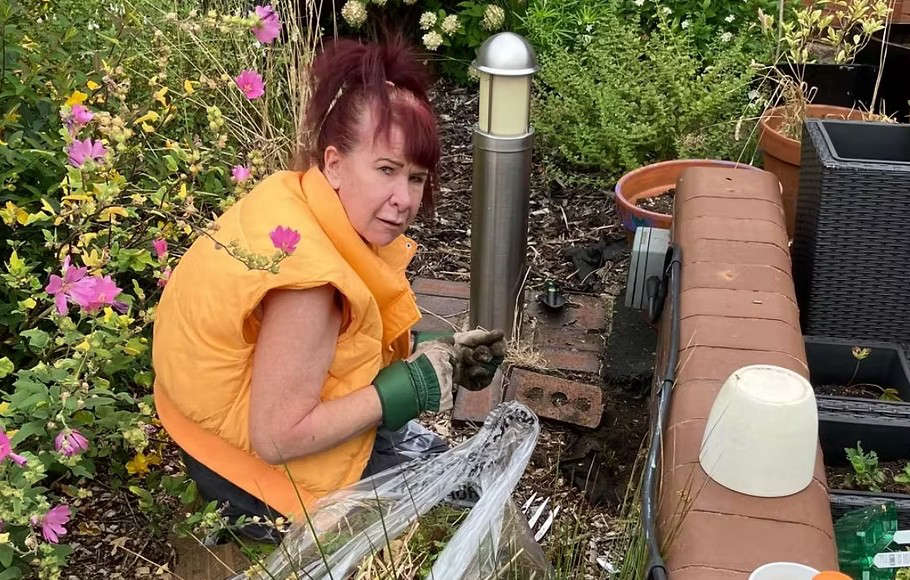
A Rochdale woman who survived a near-fatal brain aneurysm is now inspiring others through her remarkable recovery and volunteer work.
Maria, a quantity surveyor from Rochdale, was given little chance of survival after collapsing at home from a severe brain haemorrhage. Just over 18 months later, she is not only back at work but also volunteering to support patients going through their own recovery journeys.
The ordeal began when Maria arrived home from work and collapsed without warning. Her husband found her unconscious and called 999. She was rushed first to Oldham Hospital and then to Salford Royal, where doctors informed her family that she was unlikely to survive due to the severity of the grade four haemorrhage.
Despite this prognosis, surgeons took the difficult decision to operate and successfully clipped the aneurysm. Maria defied all odds, and while the early stages of recovery were hazy, she credits her survival to both medical intervention and sheer determination.
“I made myself get up and walk, even when it was hard,” she said. “For me, recovery is about mindset. You’ve got to keep going and believe you can do more.”
When Maria's progress plateaued during rehabilitation at the Floyd Unit Neurorehabilitation Centre in Rochdale, staff suspected fluid on the brain. After a scan, a shunt was fitted, leading to a dramatic improvement in her condition. “It was like I woke up again,” she recalled.
Now, she spends her spare time giving back to the unit that helped save her life. She volunteers with new patients, shares her story, and recently led a project to transform the centre's garden into a peaceful space for patients and families.
“The garden means a lot to me,” she said. “It’s somewhere people can sit and feel normal. Giving back like that feels like part of my recovery too.”
Maria's motivation also comes from a tragic family history. Her mother and cousin both died from brain haemorrhages, prompting her to advocate for hereditary screening.
“I believe screening could save lives,” she said. “If I’d been screened earlier, maybe this could have been prevented.”
Her campaigning has already led several family members to seek precautionary scans. “They were nervous,” she said, “but I told them it’s better to face a few minutes in an MRI than go through what I did.”
Maria believes charities like Hereditary Brain Aneurysm Support (HBA Support) play a vital role. “When it happened to me, my family were in such a dark place. Organisations like HBA give people hope and knowledge. That’s why I want to support them, nobody should have to go through this without help.”
Maria continues to live with a second aneurysm that is currently being monitored, but she refuses to let fear define her.
“I’m dancing, I’m working, I’m living my life,” she said. “I was saved for a reason, and that reason is to give hope to other people.”
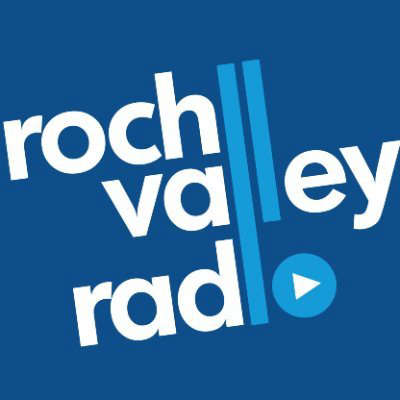

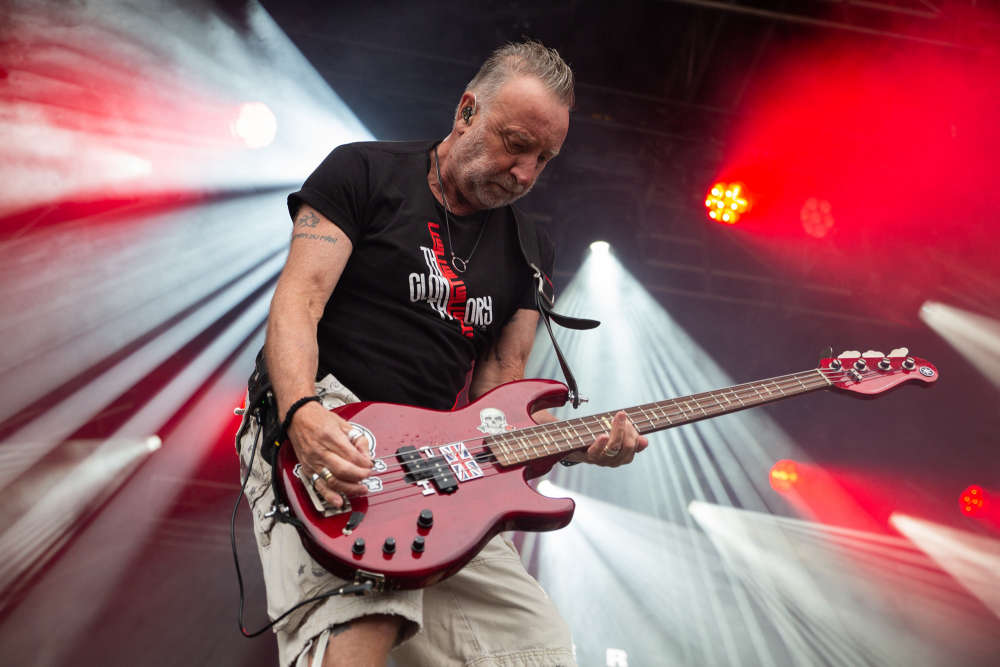 OMD to play first ever Rochdale show at Town Hall Square this summer
OMD to play first ever Rochdale show at Town Hall Square this summer
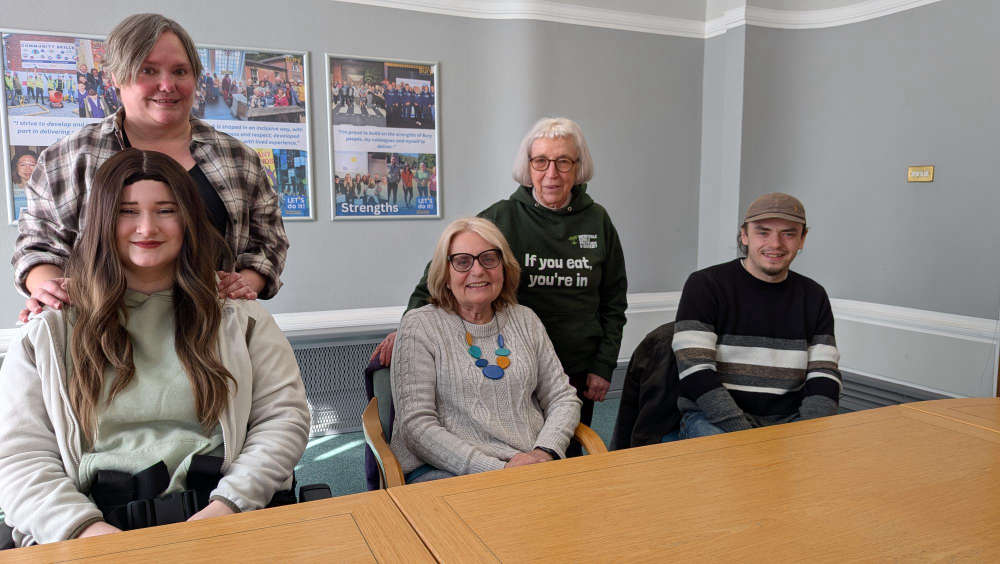 Whitefield neighbours launch Bury’s second Right to Grow community growing project
Whitefield neighbours launch Bury’s second Right to Grow community growing project
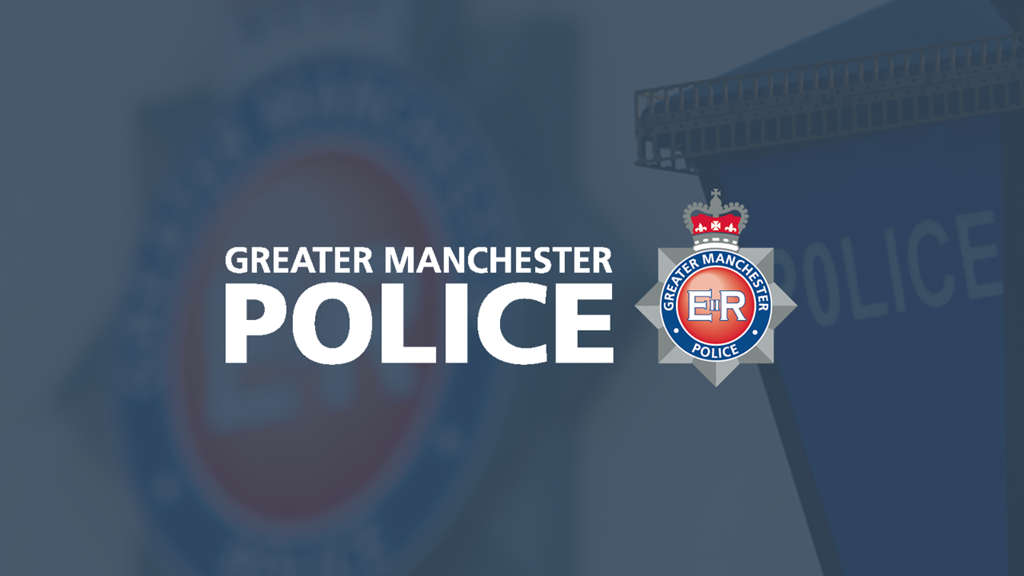 Suspected grenades found at unoccupied property on Manchester Road in Rochdale
Suspected grenades found at unoccupied property on Manchester Road in Rochdale
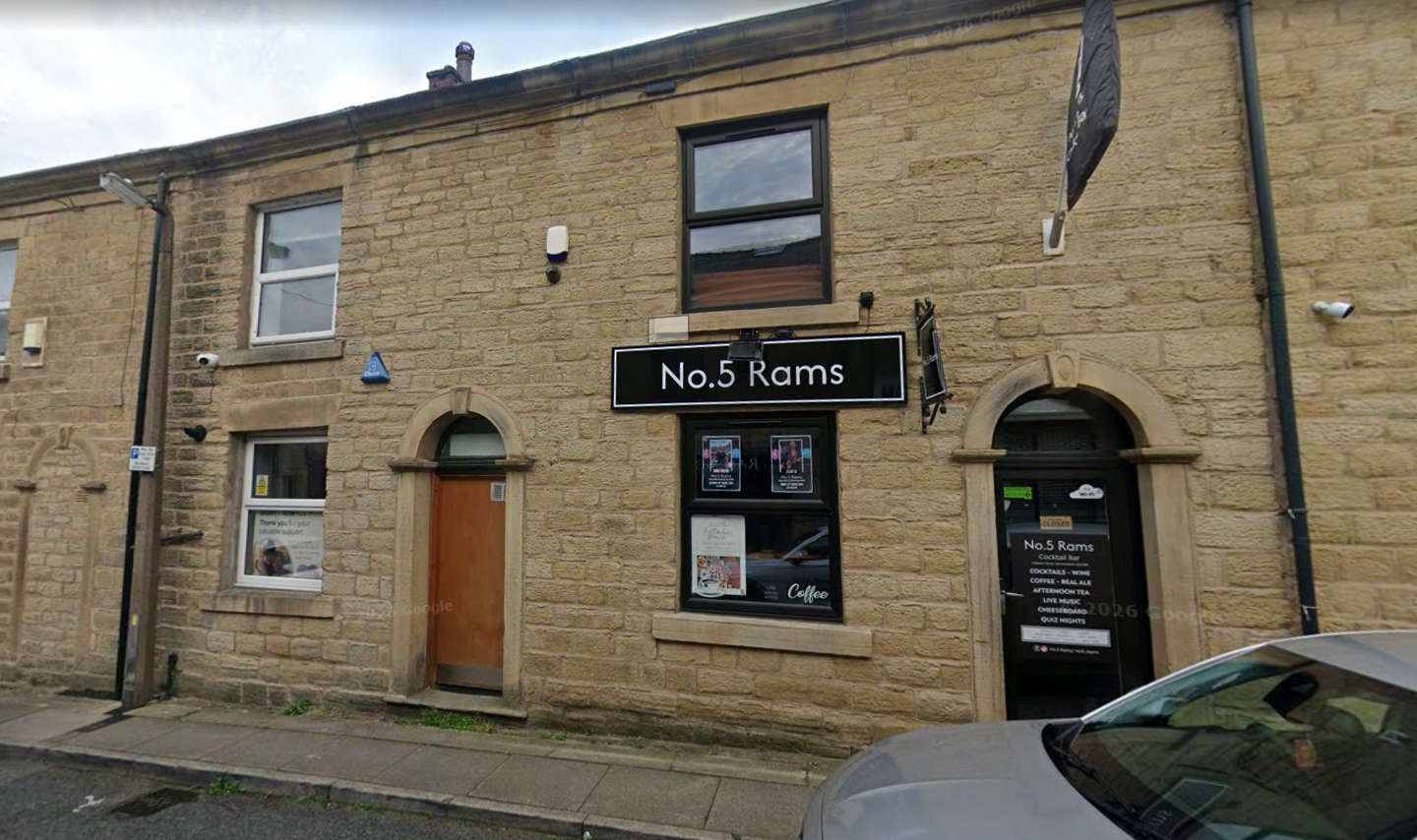 Bartender has alcohol license revoked due to drink driving
Bartender has alcohol license revoked due to drink driving
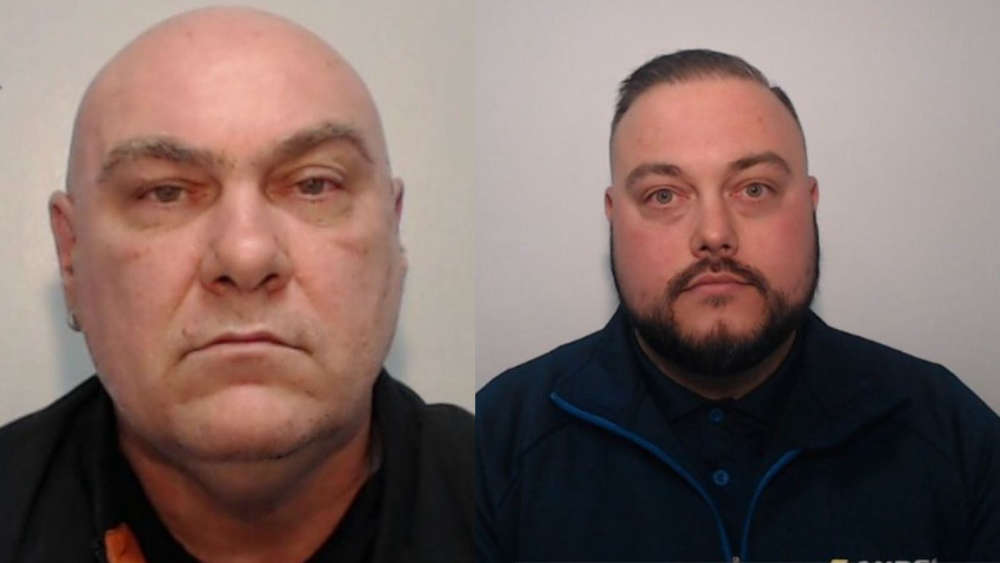 Radcliffe child sex offender jailed for life after abusing five children
Radcliffe child sex offender jailed for life after abusing five children
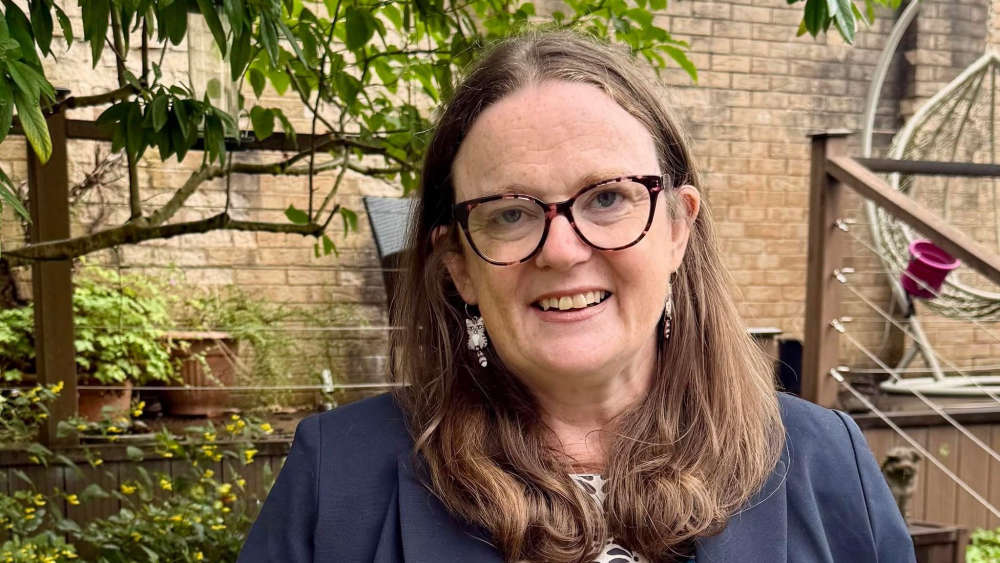 Conservatives select Emma Lee as candidate for Tottington by election
Conservatives select Emma Lee as candidate for Tottington by election
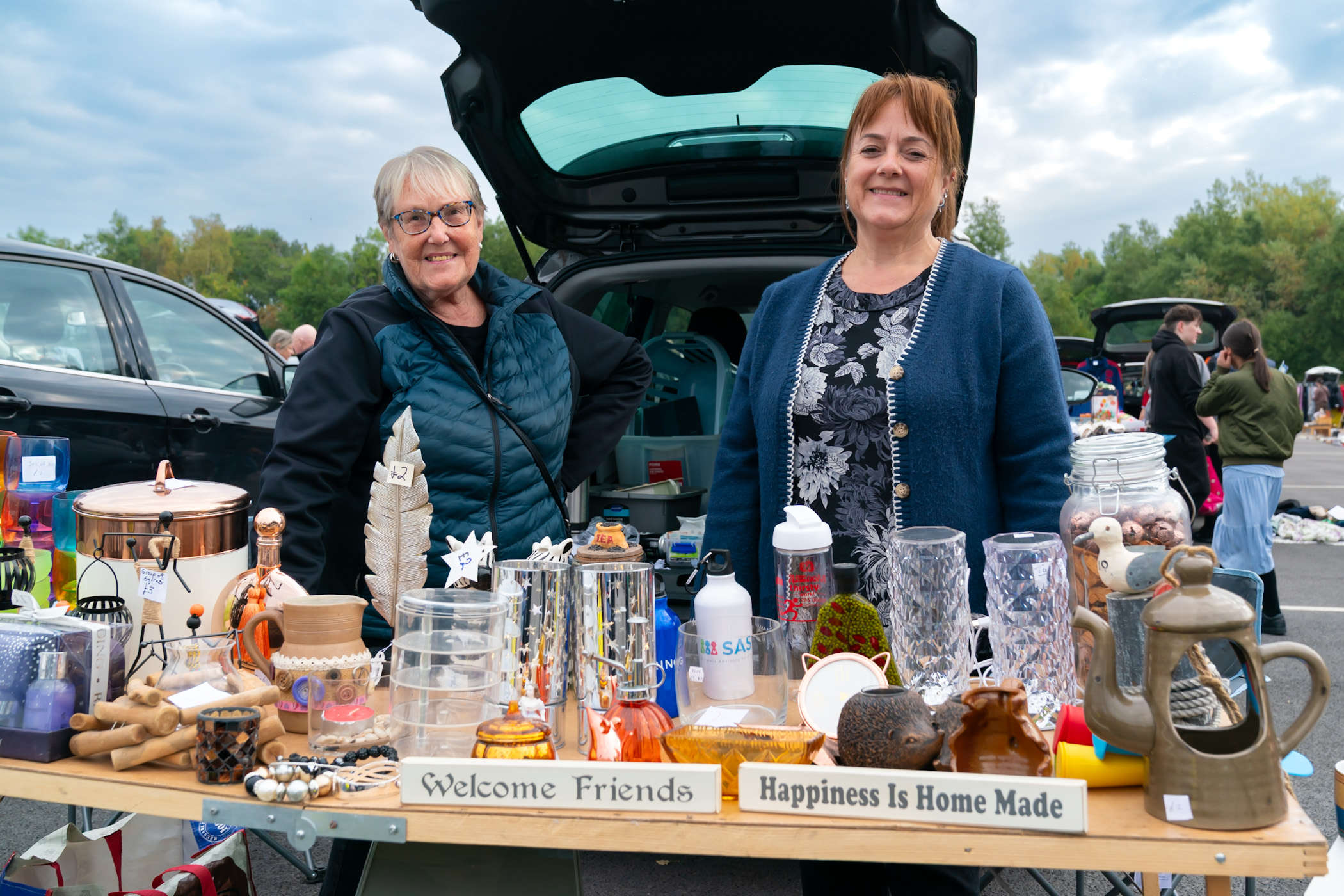 Bowlee car boot sale returns for the 2026 season
Bowlee car boot sale returns for the 2026 season
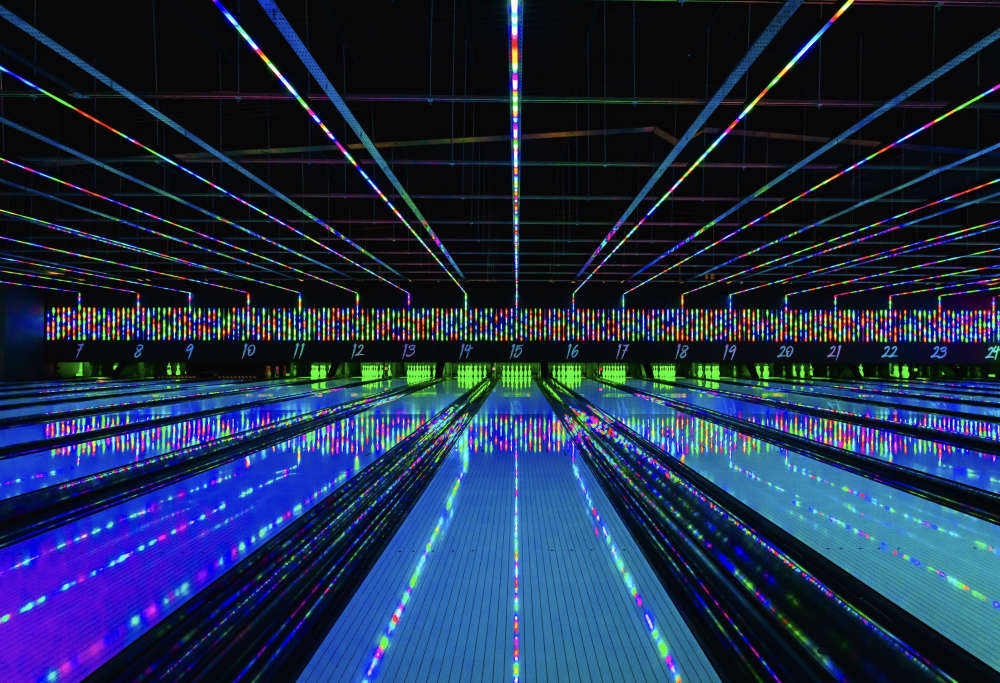 Inside the major refurbishment transforming Tenpin Rochdale
Inside the major refurbishment transforming Tenpin Rochdale
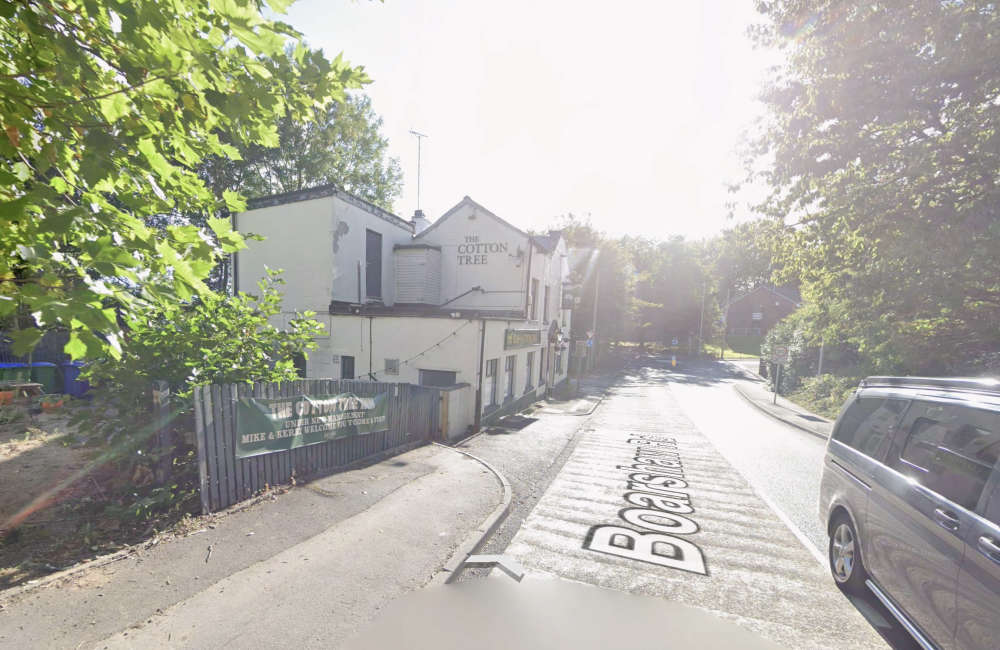 Former Middleton pub could reopen as convenience store after closure
Former Middleton pub could reopen as convenience store after closure
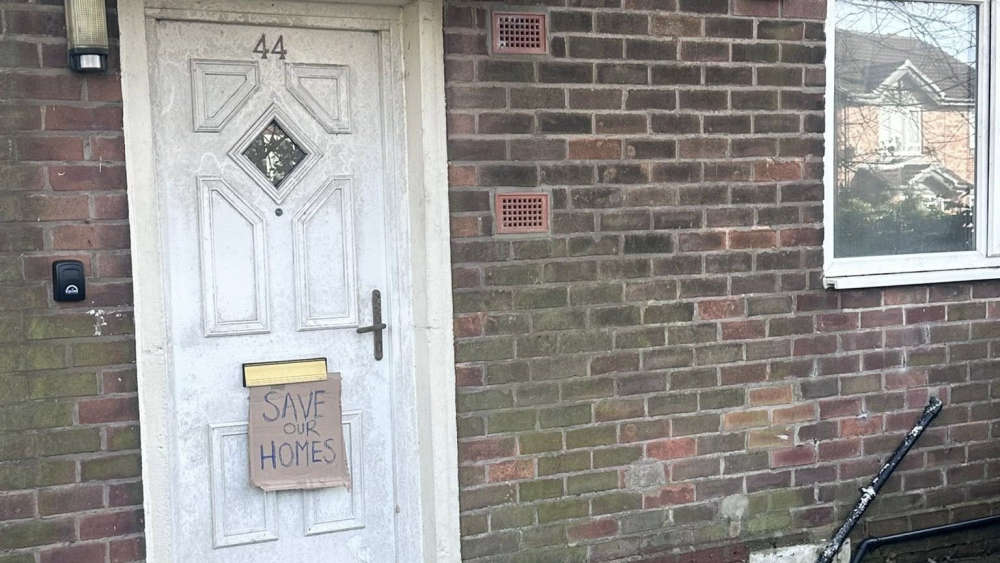 Councillors raise concern over Riverside Housing sale of social homes in Middleton
Councillors raise concern over Riverside Housing sale of social homes in Middleton
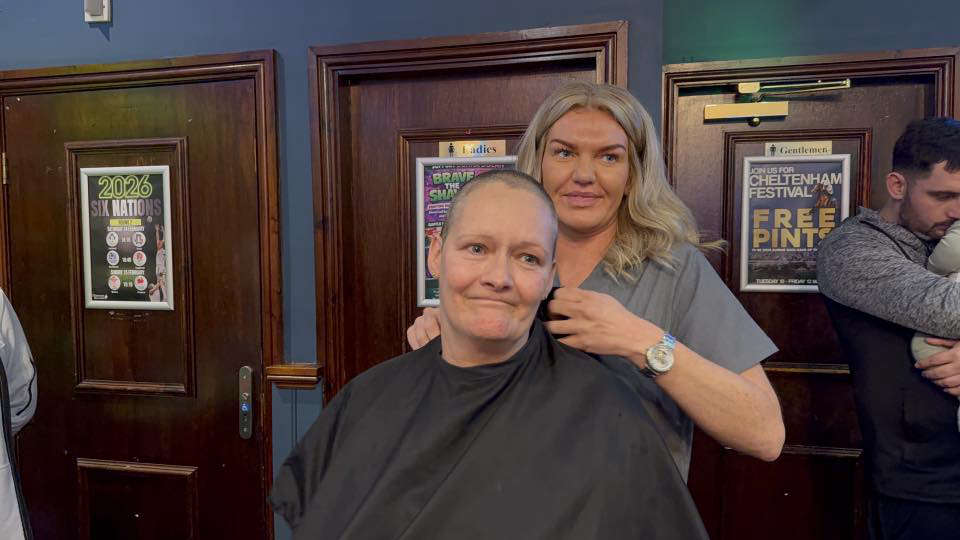 Heywood community raises £1799.65 as Donna Dolan shaves hair for Macmillan
Heywood community raises £1799.65 as Donna Dolan shaves hair for Macmillan
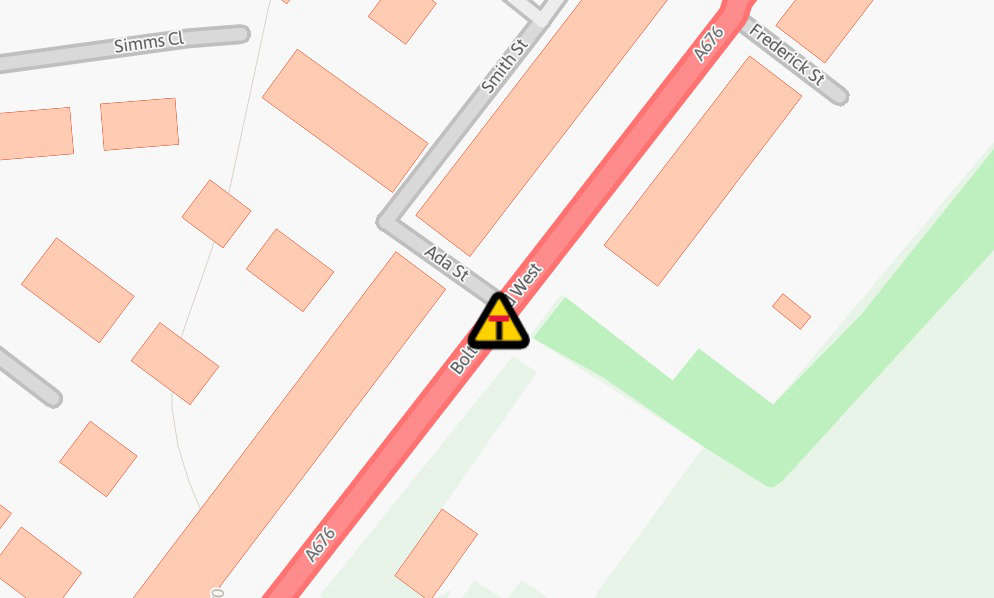 Road closure in Ramsbottom
Road closure in Ramsbottom




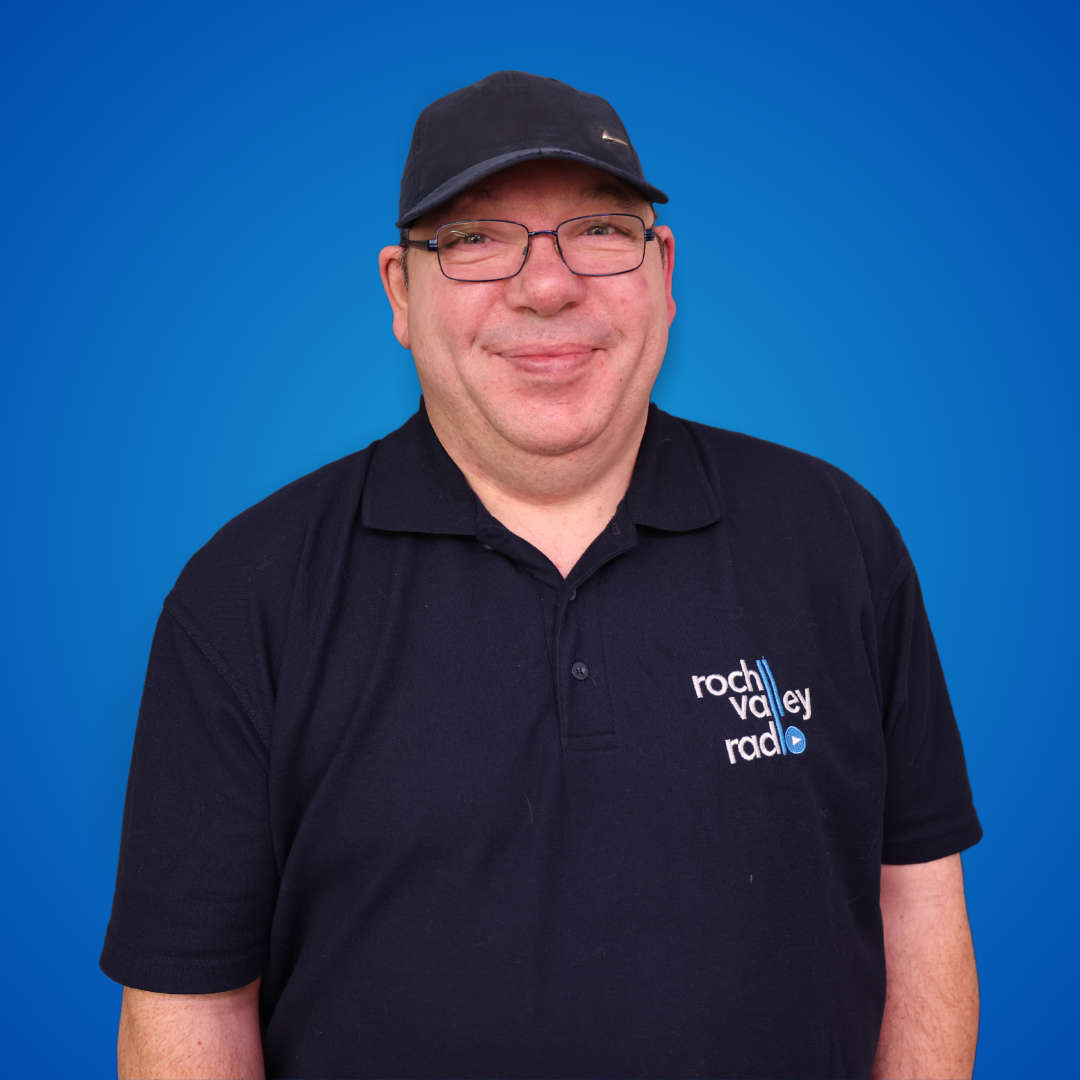
Comments
Add a comment